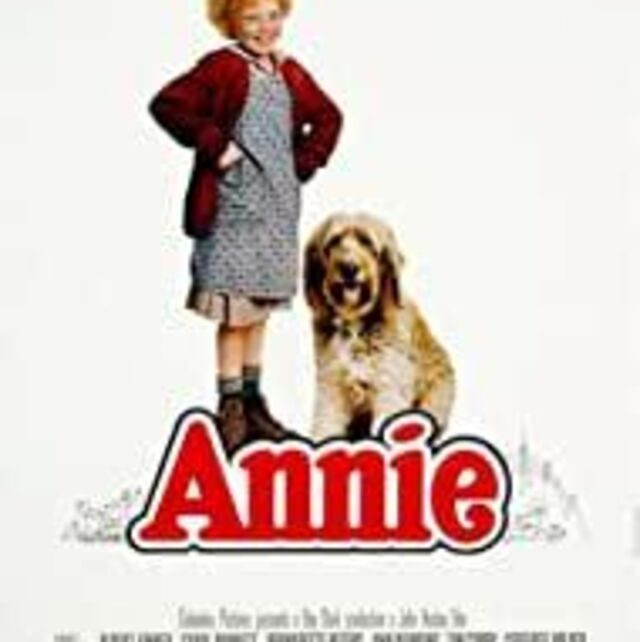Even if there are few clear answers, the best war movies try to examine the fight from all aspects. Just by asking these questions in the right way, we can produce fascinating and often painful movies.
The Steel Helmet
It takes great courage to make a war movie (not just a propaganda film) while the real war is still going on. Fortunately for the audience of this Korean war drama – about a group of soldiers who dodge bickering in a Buddhist temple – its screenwriter and director is Samuel Fuller, who himself is a combat veteran. Hollywood must look like a piece of cake after being shot.
Men in War
Director Anthony Mann is most famous for his westerns, which pin heroes in uncomfortable and rugged environments. When he tried to make a fighting film (this was his first war movie), he set his action in a no man’s land in South Korea. The American platoon led by Robert Ryan found himself in trouble. The result was an extraordinarily difficult film in Ike’s time.
Das Boot
Wolfgang Peterson’s U-boat masterpiece goes far beyond its era as a full-length TV series (it was partially funded by the German Broadcasting Corporation and recently successfully transformed into a small screen). Like the oil on the boatswain’s rag, it stubbornly endures the form of a three hour movie. Riding shotguns with young divers under the surface of the Atlantic Ocean in the form of a hellish blockade, with all the fear, pain and comradeship, is still a maddening and stressful experience.
Apocalypse Now
The battle behind Francis Ford Coppola’s surreal war movie is well documented: nightmarish years of filming; Star Martin Xin’s heart attack and recovery; A group of giggling journalists sharpened knives for an epic turkey. Coppola will laugh to the end. Most of the words in the modern war picture come from this war movie, which is an opera like Vietnamese tragedy with the background of roaring helicopter blades, Wagner style explosions, purple smoke and Joseph Conrad’s colonial fantasy Heart of Darkness. Fans of the Godfather director, who was so important in the 1970s, know that this is his last fully realized work; The connoisseurs of war films (rightly) regarded it as his second all-out masterpiece.
Full Metal Jacket
With 1957’s Road to Glory, Stanley Kubrick released one of the sharpest anti war statements in the war movie. Obviously, the world has not received this information. So thirty years later, he decided to speak out for the imperialists behind him. From the First World War to Vietnam, Kubrick not only described the terror of the battlefield – he condemned the whole war machine itself. It is no accident that the first half of the war movie is set in basic training, which is more nightmarish than the subsequent bombing and firefight. Like the soldiers themselves, desensitization is the key. Once you stare at the empty eyes of Vincent Donofrio’s tortured Private Pyle, who has reached the end, the more objective atrocities in the military conflict seem like walking in tulips. Of course, until you have to look at the “enemy” in their eyes.
Starship Troopers
Stop snickering: There’s a reason why this sci-fi war movie is so high on our list. No rich Hollywood organization has ever (and may never again) been so chosen to make subversive comments on its fascist impulses. The director Paul Verhoeven arrived at the box office with a giggle all the way, because the giant bugs were killed by the gorgeous short idiots; When Neil Patrick Harris appeared at the end of the film wearing a Nazi trench coat, the joke was almost exposed. Robert Heinlein, the source novelist, sincerely expressed his militarism stories; At the same time, the happy destruction of human beings shown here can only be regarded as a sharp criticism, including both military and public taste. Return to it with fresh eyes.
Come and See
In the horrible World War II epic about Nazi occupation of Belarus by the Russian director Elem Klimov, you may want to divert your attention. However, it weaves a fascinating spell from the opening image of two children digging abandoned rifles in the field. One of the boys was taken from his home by guerrillas to fight the Germans. This is the beginning of a nine circle hell adventure, which ends with a dreamlike encounter with the ultimate persecutor. But before that end, we suffered a series of shocking atrocities (deafening explosions, bodies piled up like mountains, and a village was systematically destroyed), which would have been unbearable if it had not been for the film’s fascinating, almost surreal aesthetics.
Sergeant York
No really great war movie can send out the tone of complete conviction. That is the area of imperialist propaganda. Howard Hawks’s popular TV series (released only a few months before the United States entered World War II) adopted an entirely opposite strategy: this is the story of the true World War I soldier, Alvin York. He was a fool in Tennessee, and he hoped to avoid enlistment and pacifism on the grounds of religious piety. His request was refused, and York proved that he was a talented marksman on the battlefield and fought with the killing gift God had given him. Gary Cooper’s tortured performance won him an Oscar and continued to stimulate dialogue on situational ethics.



